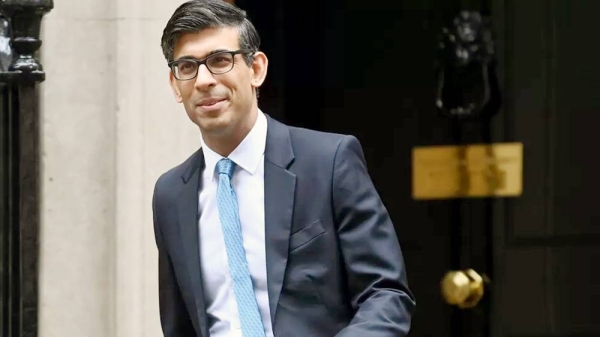
A European parliament vote to seal a Brexit trade deal could be delayed until 28 December, three days before the end of the transition period, under an emergency EU plan.
With less than seven weeks to go before the UK leaves the single market and customs union, the negotiations remain troubled, with the talks on fishing rights in UK waters not progressing significantly since the summer.
The negotiations were “not in a good place” on fishing rights, Ireland’s foreign minister, Simon Coveney, said as the two sides re-engaged in the discussions.
The EU’s chief negotiator, Michel Barnier, is understood to want to be able to report positive news to the bloc’s 27 heads of state and government at a videoconference summit on Thursday.
But the timeline for a deal has repeatedly slipped, with agreement now more likely to be found next week or even later, putting in jeopardy a scheduled European parliament vote on the deal on 16 December.
MEPs have said they need six weeks for the deal to be translated, scrutinised and passed through committees and the final full plenary vote.
Sources in the European parliament said there had been discussions about holding an extraordinary sitting of the chamber after Christmas – on 28 December – as a senior EU diplomat conceded that Brussels might need to be “creative” to get the agreement ratified.
The parliament’s vote is likely to take place in Brussels rather than Strasbourg due to measures in place to control the spread of Covid-19, although the French government has been lobbying for a return of MEPs to Strasbourg.
“We really are in the last week to 10 days of this,” Coveney said. “If there is not a major breakthrough over the next week to 10 days then I think we really are in trouble and the focus will shift to preparing for a no trade deal and all the disruption that that brings.”
“I think the British government understand only too well what’s required for a deal this week, the real question is whether the political appetite is there to do it. I think we will [get a deal], that’s been my prediction for a while, but I won’t be shocked if it all falls apart.”
The outstanding issues remain the level of access to UK waters provided to EU fishing fleets, fair competition rules for business – including rules on domestic subsidies – and the mechanism in the final treaty for resolving future disputes.
The UK’s chief negotiator, David Frost, tweeted on Sunday that there had been “some progress in a positive direction in recent days”. But he insisted that his negotiating position on the most contentious issues would not soften in light of the departure of Boris Johnson’s chief adviser, Dominic Cummings, the former campaign director for Vote Leave.
It is understood that common ground is being found on the shape of a deal for how both sides will regulate domestic subsidies. But there is no agreement on a mechanism for maintaining similar baseline environmental, labour and social standards in the years to come. The UK insists it will not tie itself to the Brussels rulebook.
Coveney particularly emphasised the danger posed by the issue of fishing rights to blow up the negotiations, despite its comparatively small economic value.
“It’s a lot more emotive, and a lot more political, quite frankly,” he said. “What the British government has promised to their fishing industry, versus Michel Barnier’s negotiating mandate from the EU is a very, very wide gap.”
He continued: “It’s not good … the negotiations are not in a good place when it comes to fishing. There hasn’t really been any success in closing the gap between the positions of either side and until we find a way of doing that there isn’t going to be an agreement, so we’re in the same place in fishing, as we were in mid-summer.
“Neither side really has budged from their position. There’s been minor concessions discussed on both sides but really it hasn’t moved anywhere.”












